
Red Hat Enterprise Linux is the world’s leading enterprise Linux platform, now optimized for development.
Develop applications on the most popular Linux for the enterprise—all while using the latest technologies.

Red Hat Enterprise Linux is the world’s leading enterprise Linux platform, now optimized for development.
Linux® is an open source operating system (OS) and IT infrastructure platform created as a hobby by Linus Torvalds in 1991. In the world of operating systems, Linux has the largest user base, is the most-used OS on publicly available internet servers, and the only OS used on the top 500 fastest supercomputers. Because the source code for Linux is freely available, there are several different distributions, including Red Hat Enterprise Linux (Red Hat's flagship product) and Fedora Linux, a community project founded by Red Hat to develop a desktop version of Linux.
Software developers create apps and services inside Linux containers that let them code once, then run their code virtually anywhere. All containerized apps contain some part of a Linux distribution. You want to make sure that all of the pieces in your container, including the Linux base, are identical between environments so you don’t have to spend your time patching and backporting.
Part of the beauty of Linux containers is that they are hybrid by design. That means you can code locally, test in the cloud, and deploy anywhere that Linux containers will run. Most Red Hat developer components are available with dockerfiles, or distributed as Linux container images on Red Hat Enterprise Linux (for local dev) and Red Hat OpenShift Container Platform (local, on-line, or public cloud dev). This means that wherever you develop, test, and deploy, you’re using the same development stacks, on-premise to virtual to cloud. To help you get where you’re going faster, the Red Hat container catalog gives you access to certified, trusted, and secure application containers.
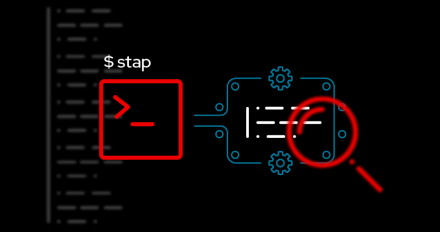
Get an introduction to ISystemTap, a Jupyter kernel for Linux operating systems that helps you write and run SystemTap scripts.
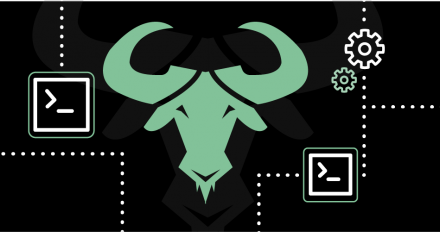
Get an overview of what's new in GCC 13, the latest GNU Compiler Collection release, including bug fixes and new features in the C++ front end.
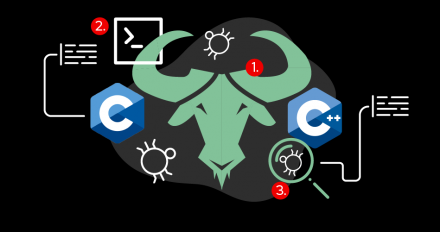
Learn how to create custom stack unwinders for the GNU Project Debugger using GDB’s Python API with this in-depth tutorial.
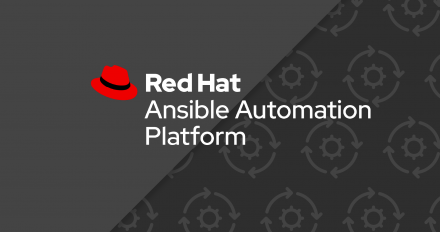
Learn how to use the Ansible Automation Platform to streamline virtual machine deployment in Microsoft Azure. (Part 2 of 3)
Red Hat Universal Base Images (UBI) on Docker Hub are now available as Verified Publisher images in a variety of configurations and sizes, including Micro, the newly announced variation with Red Hat Enterprise Linux 8.4 that delivers the smallest UBl footprint for edge computing.
UBIs are Open Container Initiative (OCI)-compliant, freely redistributable, container base operating system images that include complimentary runtime languages and packages, but previously, you could only get these images from the Red Hat container catalog.
Now, you can get them in Docker Hub, making it even easier for you to build and deploy UBI-based containers anywhere.
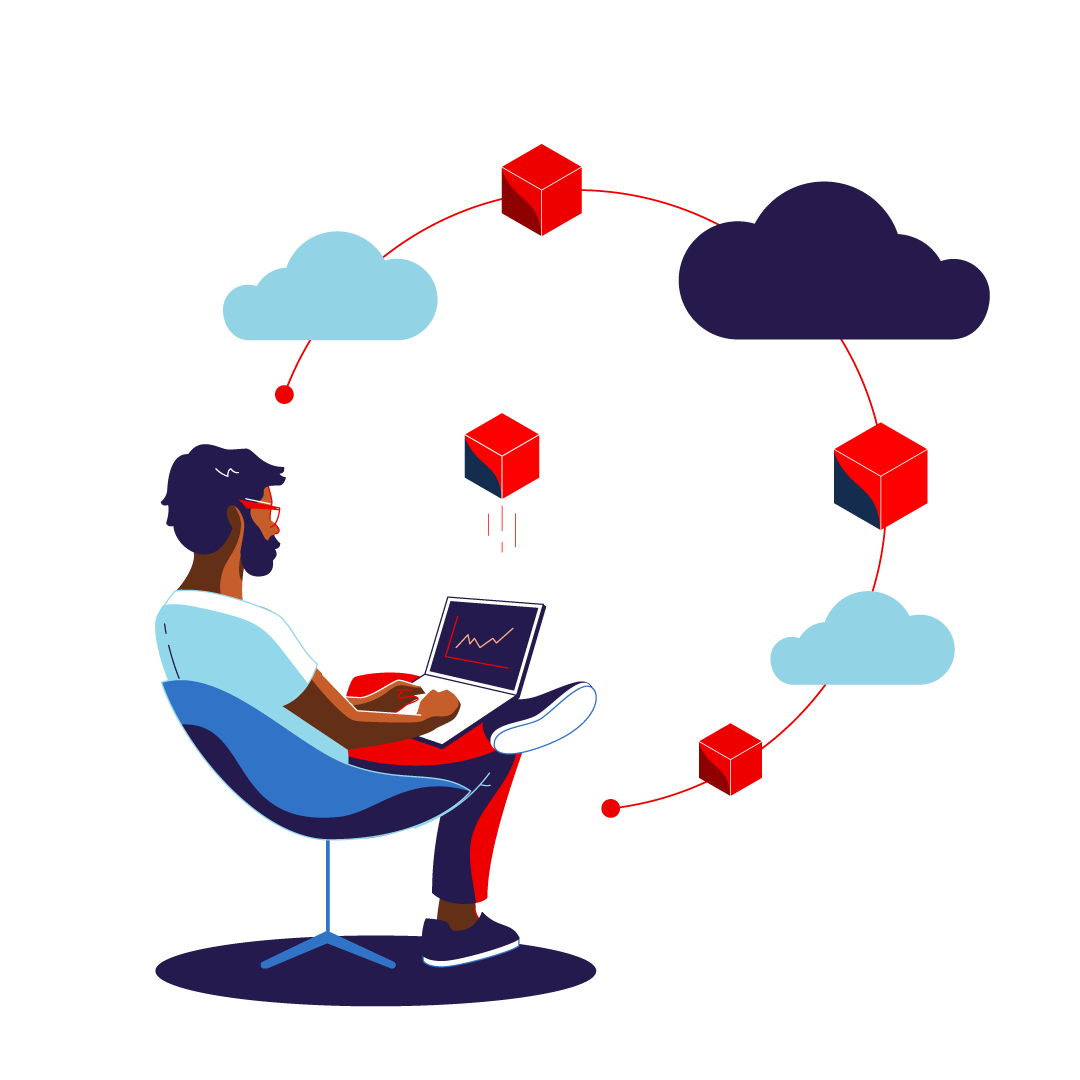

Get an introduction to ISystemTap, a Jupyter kernel for Linux operating systems that helps you write and run SystemTap scripts.

Get an overview of what's new in GCC 13, the latest GNU Compiler Collection release, including bug fixes and new features in the C++ front end.

Learn how to create custom stack unwinders for the GNU Project Debugger using GDB’s Python API with this in-depth tutorial.

Learn how to use the Ansible Automation Platform to streamline virtual machine deployment in Microsoft Azure. (Part 2 of 3)

The latest version of the GNU Compiler Collection, GCC 13, includes enhancements to -fanalyzer, a static analysis pass that can identify issues at compile-time.
6cd6.png)
Red Hat Enterprise Linux for SAP Solutions provides a secure, reliable foundation for modern SAP workloads. Explore benefits for developers and administrators.
Denise Dumas, VP of Linux engineering, introduces Red Hat Enterprise Linux and its development tools.